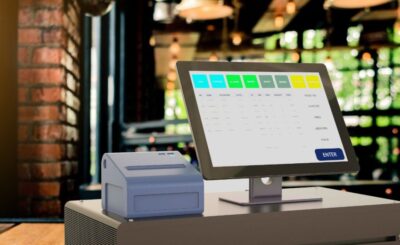A non-custodial wallet is a type of cryptocurrency wallet you to maintain complete control and ownership over your private keys. Unlike custodial wallets third party (such as an exchange or a service provider) holds and private keys, non-custodial wallets put you in charge of your digital assets. This means else access or control your funds without your permission, of theft, hacking, or accidental loss.
Importance of private keys
Private keys are the cornerstone of non-custodial wallets and are essential for securing your digital assets. These cryptographic codes act as your unique digital signature, granting you exclusive access to your funds. Losing or compromising your private keys results in the permanent loss of your assets, making it crucial to store and manage them securely.
Benefits of non-custodial wallets
- Enhanced security– By keeping your private keys under your control, non-custodial wallets eliminates the need to trust a third party with your assets, reducing the risk of theft, hacking, or mismanagement.
- True ownership- With non-custodial wallets, you are the sole owner of your digital assets, giving you complete control over your funds and the ability to manage them as you see fit Best Cryptocurrency to Invest in 2024.
- Decentralization– Non-custodial wallets align with the decentralized nature of cryptocurrencies, promoting financial sovereignty and independence from centralized authorities or intermediaries.
Types of non-custodial wallets
Non-custodial wallets come in various forms, each with its advantages and use cases.
- Hardware wallets– These physical devices are designed to securely store your private keys offline, providing an added layer of protection against cyber threats. Popular hardware wallets include Ledger, Trezor, and KeepKey.
- Software wallets– These are applications that you install on your computer or mobile device. Examples include MetaMask, Trust Wallet, and Exodus.
- Paper wallets– Paper wallets are physical documents that contain your public and private keys, which are printed and stored securely offline.
Choosing the right non-custodial wallet
When selecting a non-custodial wallet, consider the following factors:
- Security– Evaluate the wallet’s security features, such as multi-signature support, encryption, and reputation in the community.
- Ease of use– Look for a wallet with a user-friendly interface that suits your technical proficiency and requirements.
- Supported cryptocurrencies– Ensure that the wallet supports the digital assets you plan to hold and transact with.
- Backup and recovery options– Choose a wallet that provides reliable backup and recovery methods to safeguard against loss or theft of your private keys.
- Mobile compatibility– If you plan to manage your assets on the go, consider a wallet with a mobile app or browser extension.
Best Practices for Using Non-Custodial Wallets
- Store your private keys in a safe and secure location, such as a hardware wallet or a secure password manager. Never share your private keys with anyone.
- Regularly back up your wallet’s seed phrase or private keys in multiple secure locations, such as encrypted external drives or physical copies stored in a safe deposit box.
- Implement strong passwords and enable 2FA whenever possible to protect your wallet from unauthorized access.
- Ensure that your wallet software is always up-to-date with the latest security patches and features.
- Never enter your private keys or seed phrases on untrusted websites or applications, as they could be phishing attempts.








